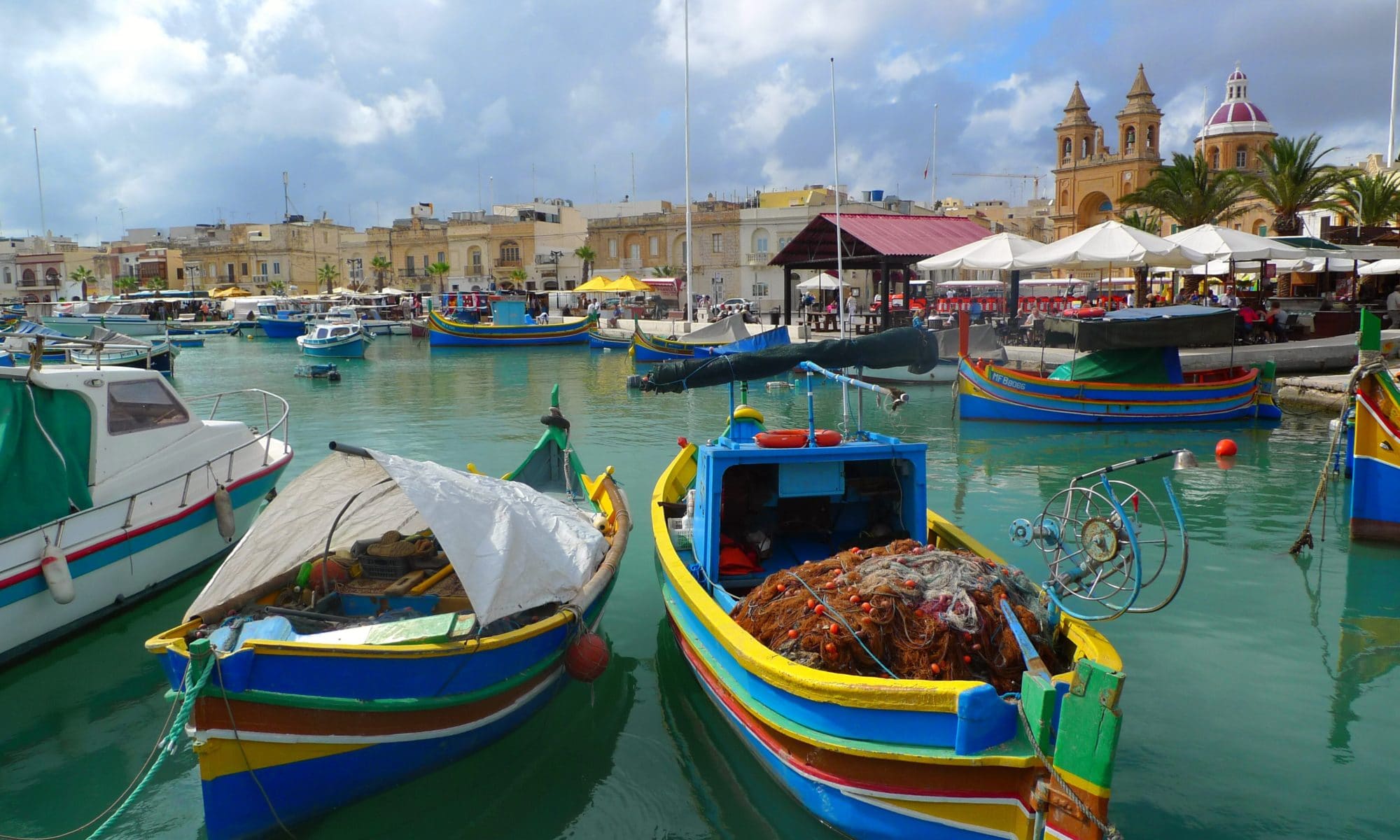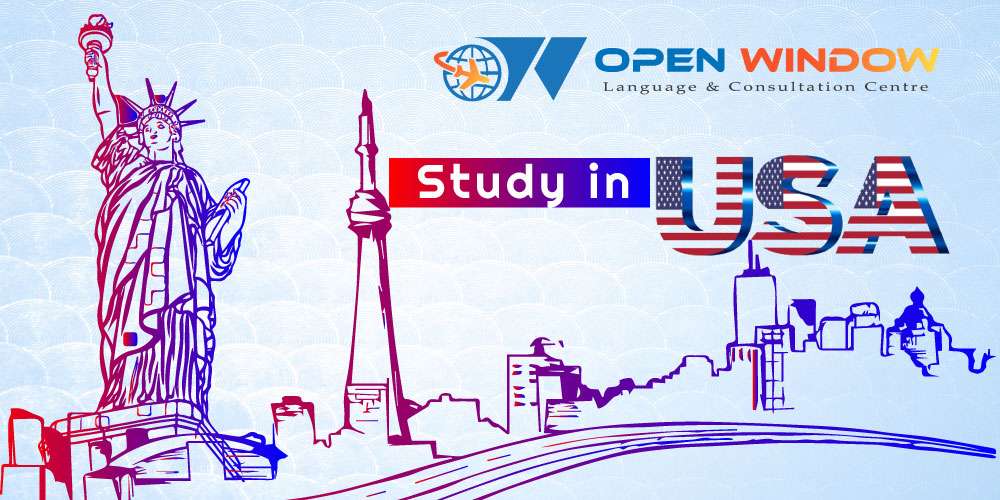Study in Malta
Study in Malta – Malta is an archipelago country located in the Mediterranean Sea. It is a member of the European Union and offers a diverse range of educational opportunities for international students. The Maltese education system is highly regarded and provides quality education in a multicultural environment. Malta is a popular destination for those who wish to study English as a foreign language, as it is one of the few countries where English is an official language. Additionally, Malta offers courses in various fields such as business, tourism, IT, engineering, and more.
International students who wish to work while studying in Malta must obtain a work permit. The work permit is usually granted for a maximum of 20 hours per week during term time and full-time work during holidays. Students can find employment opportunities in various sectors such as hospitality, retail, and customer service.
Overall, studying in Malta can be a rewarding experience for international students, offering quality education, cultural diversity, and the opportunity to explore a beautiful Mediterranean country.
Why study in Malta?

1. It’s free for EU/EEA students
If you’re from the European Union (EU) or the European Economic Area (EEA) and want to study at the University of Malta — the only public education institution — you don’t have to pay any tuition fees for most academic programmes. However, there are exceptions (some courses in Business, Culinary Arts, and others).
2. English is an official language
If you’re worried about language barriers or you wouldn’t feel comfortable learning another language, rejoice! You don’t have to! English is an official language in Malta, being widely spoken by almost all citizens.
So, whether you want to ask for directions, find a missing item on your grocery list at the supermarket, or travel around, you’ll always be able to ask for help and communicate with ease.
3. Malta is a paradise for sports and outdoor enthusiasts
Malta offers an incredibly wide range of activities for people who enjoy being active, travelling, and pushing themselves. In your spare time, feel free to try any of the following adrenaline-spiking activities: hiking, water sports, rock climbing, scuba diving, flyboarding, etc.
Not interested in any of these? Then, simply relax on the beach, enjoy the warmth of the sun, and the breeze of the sea.
How to Apply to a Master’s in Malta
If you’ve decided to study a Master’s degree at a university in Malta, you will have to gather the right documents to prove that you fit the university requirements. Provide complete personal information, previous qualifications, financial information, and a personal statement.
What documents do I need to provide to apply in Malta?
To apply to a university in Malta you will likely be asked to provide some of the following documents:
- birth certificate;
- recent photos;
- your passport or national identity card;
- one or more reference letters from past employers or teachers;
- copies of past diplomas or certificates, including your graduated Bachelor’s degree;
- academic transcripts;
- letter of intent;
- Curriculum Vitae;
- Some form of proof that you can support your stay in the country during your studies.
Depending on the subject or specialization of your chosen Master’s, you might also be asked to provide scores for additional tests like the GRE, GMAT or LSAT. Check if your programme requires any of these, or others.
The list of documents depends on the specific requirements of universities in Malta so you might be asked to include additional documents. It’s also likely you’ll have to provide official English translations of your documents, or translations in the local language.
Prove your English skills

Because you’ll study an international degree in English, you’ll have to present a language certificate. Some popular options for international students are IELTS, TOEFL or C1 Advanced language certificates. You’ll have to meet a minimum language score set by the university, and your test scores shouldn’t be older than 1-2 years. If you don’t meet the minimum language requirements, you will have to improve your skills and scores by taking an English preparation course.
Application deadlines for Malta
The deadlines for applying to a Master’s in Malta are usually during summer (June-July), or in winter (January-February). Keep in mind that some universities don’t have application deadlines, which means you can apply whenever you are ready.
To avoid delays or missed deadlines send your required documents with plenty of time in advance.
Living in Malta

Let’s take a closer look at tuition and living expenses in Malta:
Tuition fees
If you want to study in Malta, how much you need to pay depends on:
- your nationality
- the type of university (public vs private)
- the type of programme (arts-based, science-based, business-related)
At public universities, for example, international citizens encounter these situations:
- 0 EUR/year for EU/EEA students
- between 9,000–27,000 EUR/year for EU/EEA students for specialised programmes (e.g. MBA, Culinary Arts)
- between 2,000–31,000 EUR/year for non-EU/EEA students
Science-based and business-related programmes are the most expensive. At private universities, tuitions fees are even higher.
Living costs in Malta
Depending on your lifestyle, type of accommodation, and whether you live alone or with other students, your monthly living costs in Malta can reach between 500 and 800 EUR.
Here’s a breakdown of average living expenses in Malta:
- accommodation (university residence halls): prices vary, but it’s cheaper than renting a flat
- accommodation (privately rented flat): 700–1,500 EUR/month
- utilities (if you rent a flat): 90–120 EUR/month
- food and groceries: 150–250 EUR/month
- monthly transport pass: 26 EUR; students might get a discount
- three-course meal for two at a mid-range restaurant: 60 EUR
- 1 loaf of bread: 1.15 EUR
- 1 litre of milk: 1 EUR
- 1 kg of apples: 2.60 EUR
- 1 kg of bananas: 1.85 EUR
- 1 cappuccino: 2.20 EUR
Work While Study in Malta

Foreign nationals who wish to work while studying in Malta are required to obtain a work permit. The process of obtaining a work permit can be initiated once the student has secured a job offer from a Maltese employer. The employer is required to apply for the work permit on behalf of the student.
The work permit application process can take up to eight weeks to complete, so it is advisable to start the process early. The application must include a copy of the student’s passport, proof of enrolment in a recognized educational institution in Malta, and a letter of employment from the prospective employer.
Once the work permit is granted, the student is allowed to work for a maximum of 20 hours per week during the academic term and full-time during holidays. The student must also continue to maintain their enrolment in the educational institution, as failure to do so may result in the revocation of the work permit.
It is important to note that the availability of part-time jobs for students in Malta may be limited, particularly for those who do not speak Maltese. Therefore, students should not rely solely on part-time work to fund their studies in Malta.
Malta At a Glance
| Course Duration | Intake | Application Fee | Requirements |
| 3 Years (Bachelors) 1 Years (Masters) | January, March, July, September | 100 to 1000 (EUR) | IELTS-6 (Waiver Possible) Academic-Above 50% |
| Language Proficiency | Tution Fee (Yearly) | Living Cost (Yearly) | Visa Application |
| IELTS-6, TOEFL-80 Waiver possible | 4000 to 12000 (EUR) | 3600 to 9600 (EUR) | 70 (EUR) |
| Air Ticket | Processing Time | Part Time Work | Post Study Work Permit |
| 113000 to 125000 (BDT) | 3 Months | 20 Hrs | up to 6 Months |
Our Affiliated University List
| Sr No | University Name | City |
| 1 | Queen Mary University, | Malta |
| 2 | University of Malta | Malta |
| 3 | College De Paris, Malta Campus | Malta |



